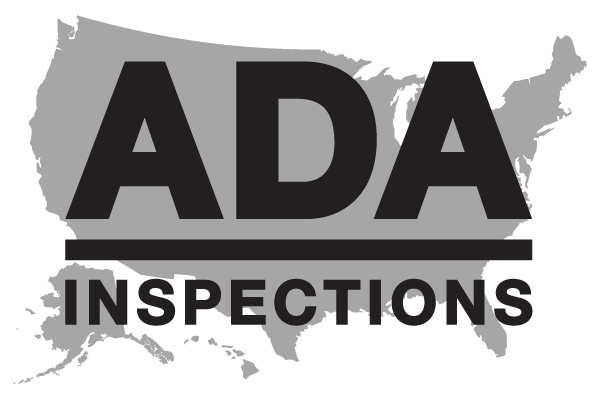There are specific Americans with Disabilities Act (ADA) requirements for floor and ground surfaces. This article will present the technical requirements for ADA compliance of floor and ground surfaces. The 2010 ADA Standards that apply most to floor and ground surfaces are 302 and 303.
Read MoreNew Construction versus Alteration of a building. This issue comes up a lot in the Americans with Disabilities Act (ADA) world. An alteration is defined in the 2010 ADA Standards as “A change to a building or facility that affects or could affect the usability of the building or facility or portion thereof.”
Read MoreDining Surfaces in public places must comply with the ADA Laws if the dining surfaces are fixed or built-in elements. Dining surfaces include, but are not limited to, bars, tables, lunch counters, and booths.
Read MoreNew Construction versus Alteration of a building. This issue comes up a lot in the Americans with Disabilities Act (ADA) world. An alteration is defined in the 2010 ADA Standards as “A change to a building or facility that affects or could affect the usability of the building or facility or portion thereof.”
Read MoreSeyfarth Shaw LLP posted an article on November 17, 2020 entitled How Will DOJ Enforce Title III of the ADA in a Biden Administration? The synopsis of the article is that a Biden Administration Department of Justice (DOJ) will likely bring higher engagement and more aggressive enforcement on Americans with Disabilities Act (ADA) Title III issues.
Read MoreThe Americans with Disabilities Act (ADA) laws for menu boards and displays commonly found in quick service resturants can be difficult to use for people with impaired vision. Owners and operators of restaurants would do well to welcome the disabled community into their facility by incorporating the guidance in Standard 703 into their menu board design.
Read MoreADA Laws for self service displays and shelves in retail stores can be confusing depending on the purpose of the shelving. If your facility offers food for patrons make sure you have ample methods in place so disabled individuals can have the same access to goods as individuals who are not disabled. Signage encouraging individuals to ask for assistance may be the most cost effective method to provide this service and avoid discrimination.
Read MoreIn the Americans with Disabilities Act (ADA) there are several different kinds of counters, each with its own rules and requirements. Although counters can have a different function and different ADA requirements, there are some common ADA requirements that apply to all counters. The different kinds of counters include: check out aisles, sales and service counters (all kinds), food service lines, check-in/ coat check counters, counters at service windows, customer service counters, ordering, pick-up & drop-off counters, other types of service or sales counters to include display/ exhibit counters only if they function as a sales/ service counter.
Read MoreThere are specific Americans with Disabilities Act (ADA) laws for accessible routes in restaurants, cafeterias, and bars. If you observe a building that is not ADA compliant and you would like to know how to proceed, please see the link at What To Do When A Building Is Not ADA Compliant or Accessible.
Read MoreADA lawsuits happen frequently. Appoint, hire or contract with an ADA coordinator (ADAC). The courts have very little patience with businesses or government entities (defendents) who, with or without intent, allow their practices or facilities to violate the ADA laws.
Read MoreA Settlement Agreement was reached betwee the United States of America and the Hazelden Betty Ford Foundation, regarding architectural barriers to access for individuals with disabilities at the Betty Ford Center in California.
Read MoreOnce you have confirmed that the ADA law(s) have been broken, you can ask the building owner to take action to remedy the situation. If the building owner fails to remedy, you can seek a legal resolution using a qualified attorney, or you can contact the US Department of Justice and ask them to investigate.
Read More
